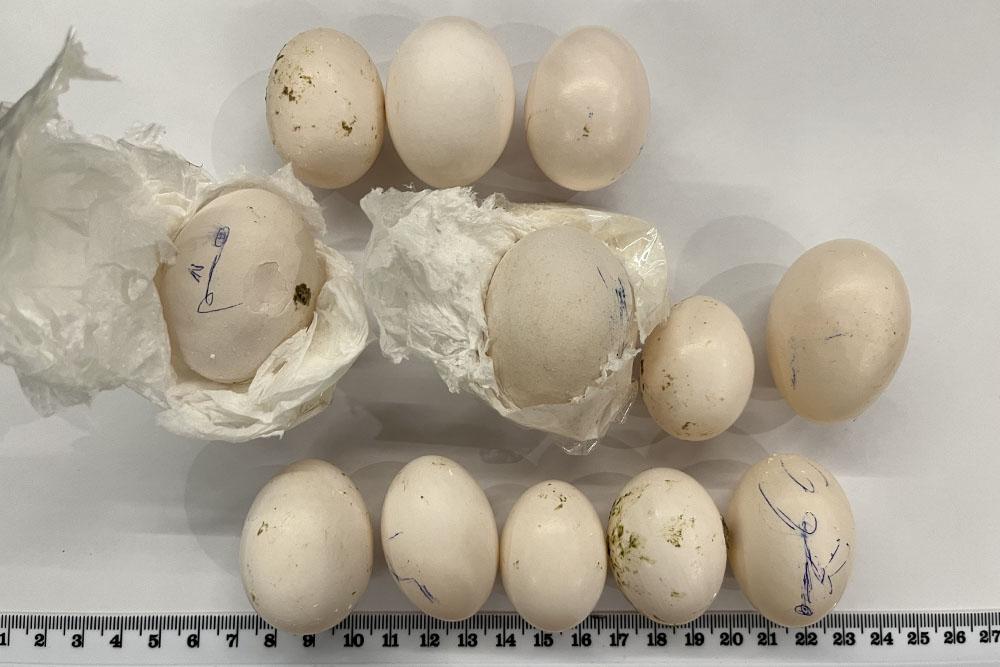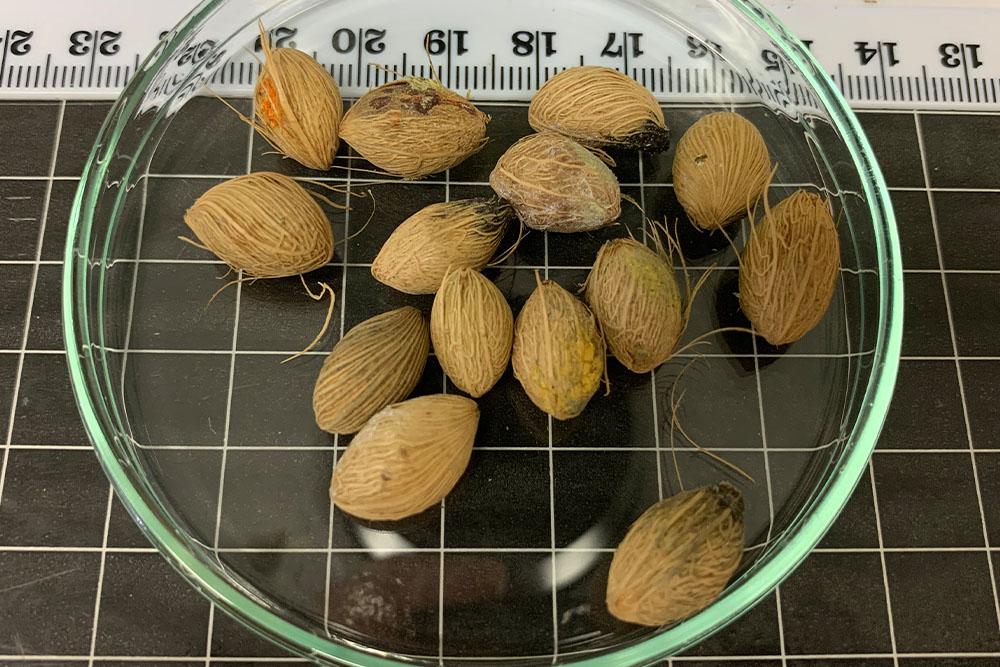Australian biosecurity and export pathway experts will be in Nadi, Fiji this week helping to deliver a boost to horticulture export capability in the region.
They are running Pacific export pathway operational training program in conjunction with Biosecurity Authority of Fiji, as part of capacity building work in the Pacific region. Representatives from Fiji, Kiribati, Tuvalu and Vanuatu will be participating.
The training which will run from 30 May to 2 June will be led by Australian team of departmental experts who will be working closely with growers, exporters, treatment providers, logistics staff and biosecurity officials to increase Fiji’s and other participating countries capacity to assess their own plant export pathways.
This holistic program will enhance Fiji’s ability to manage plant pest risks and meet biosecurity requirements of importing countries. It has the potential to reduce delays at the border and strengthen regional biosecurity and trade.
The training will focus on biosecurity concerns along specific high-risk, fresh export pathways, including fresh taro corms, leafy green vegetables, coconuts, capsicums and chilies.
Australian Chief Plant Protection Officer, Dr Gabrielle Vivian-Smith said stakeholders in exporting countries want to understand the whole journey a commodity takes, from the farm to the point of export, to manage the biosecurity risk along the pathway.
“We co-developed this training with Fiji as part of a pilot program last year. It’s exciting that representatives from Kiribati, Tuvalu and Vanuatu can also participate in the interactive training as that will help strengthen biosecurity collaboration and coordination across our whole region,” Dr Vivian-Smith said.
The training is funded by the Australia Government Department of Foreign Affairs and Trade under the Pacific Biosecurity Partnership Program being delivered by the Department of Agriculture, Fisheries and Forestry.
For more information about the Australia’s engagement with the Pacific go to:
OR



